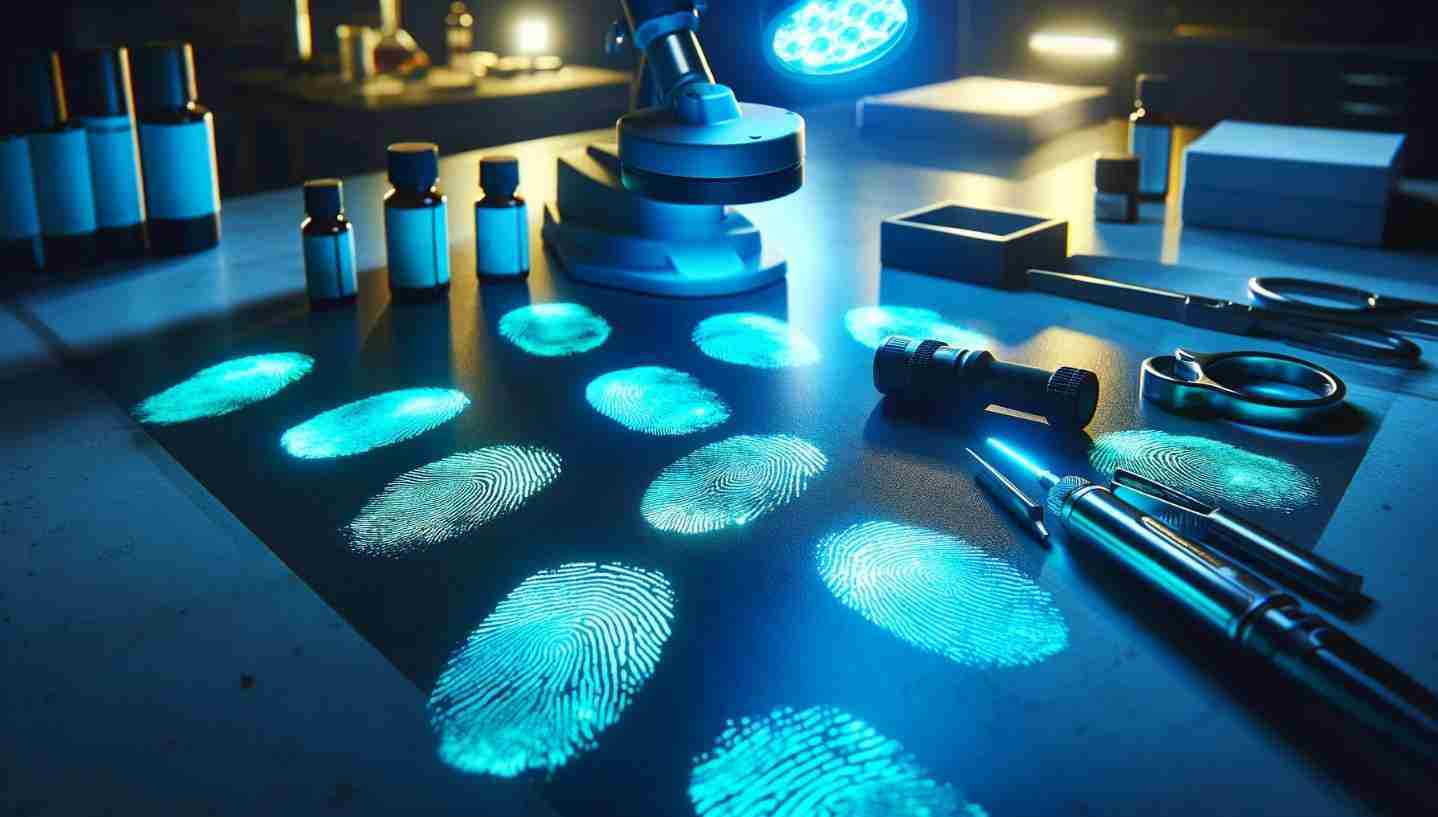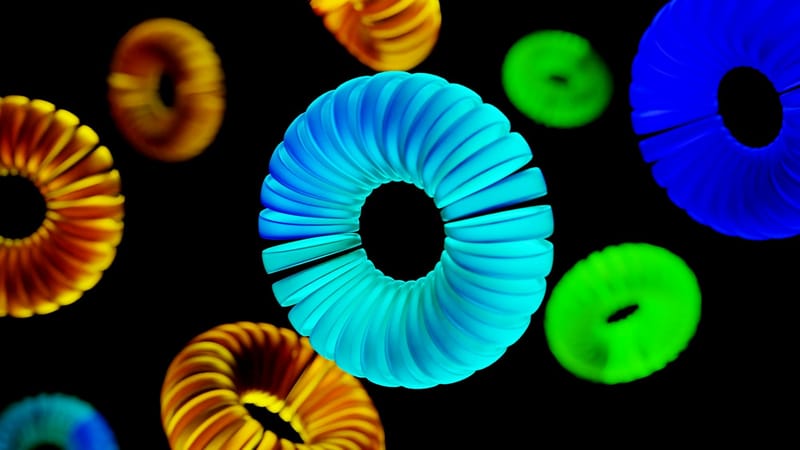Jellyfish protein finger-print dye promises sustainability boost to forensics

A new jellyfish-powered, environmentally friendly spray promises to dramatically improve forensics, according to scientific media reports.
The University of Bath, in collaboration with Shanghai Normal University, has introduced a revolutionary forensic spray that, using a protein from jellyfish, makes fingerprints visible in seconds.
Unlike traditional inking methods that rely on toxic substances, the new dye is also water-soluble, non-toxic and environmentally friendly.
The dyes, LFP-Yellow and LFP-Red, bind to fingerprints, allowing them to glow under blue light without affecting DNA analysis, academics say.
The advancement is said to be safer and more sustainable, can work on a wide range of surfaces and can detect prints that are up to a week old.
Explore Bias
Media reports uniformly highlight the positive aspects of this new technology, emphasising features like speed, safety, and environmental benefits.
Such reports, however, they underplay potential technical limitations or challenges in practical application.
The reports are also sparse in terms of the commercial availability and/or the commercial timelines.
Explore More Stories
- "Scientists discover how to use unique jellyfish property to solve crimes" - indy100
- "Jellyfish inspire fast forensics fingerprint breakthrough" - Laboratory News
- "Jellyfish-inspired glowing dye can glom onto fingerprints at crime scenes" - Popular Science
- "Jellyfish protein to detect fingerprints in seconds" - BBC News
- "Forensic spray using jellyfish protein could speed up fingerprint detection" - The Guardian






